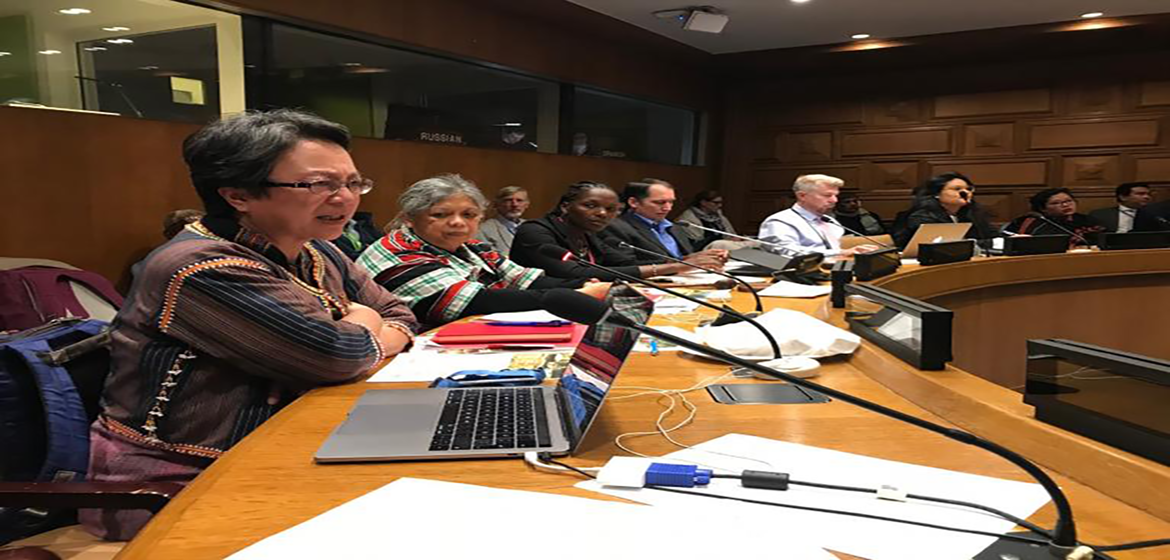A perceived gap between continued traditional ownership and management of lands by indigenous peoples and the conservation of these same resources has been a site of contestation between indigenous peoples and conservation organisations since the declaration of the Yellowstone National Park in 1872. Since the adoption of the UN Declaration on the Rights of Indigenous Peoples in 2007, a document which addresses this issue head on, there has been an expectation that conflicts over conservation areas declared on top of, and to the exclusion of, indigenous land rights would reduce as rights would be recognized.
Even before the UN Declaration on the Rights of Indigenous Peoples, the World Parks Congress in Durban (South Africa) in 2003 sought to address this challenge head on – declaring a ‘new paradigm’ for conservation and mooting the creation of a 'Truth and Reconciliation Commission' to account for and provide redress for historic injustices. Although this idea did not come to be, the momentum created during the 2000’s led to high optimism of systemic and sustained change.
We look back now in 2018 and see nearly 15 years of largely unfulfilled promises. However we also see now in 2018 a level of interest in this critical area of human rights law that harks back to the World Parks Congress and the subsequent adoption of the Declaration. In 2016 the UN Special Rapporteur on the Rights of Indigenous Peoples, Vicky Tauli-Corpuz, released , which drew attention to the inadequacy of national legislation even in the face of significantly improved international understanding and agreement. In 2017 the UN Special Rapporteur on the Environment released a that similarly looked at the issue of indigenous peoples being denied basic property rights, among other issues.
In November 2017 a Global Dialogue on Conservation and Human Rights was held in the highlands in Kenya which examined closely both the history of dispossession and evidence of positive conservation outcomes where indigenous peoples’ rights are respected and sought positive ways forward for real, practical change at the national and local level to address ongoing conflicts in and around national parks and other conservation areas.
On Monday 16 April at the UN Permanent Forum on Indigenous Issues in 2018, FPP supported the launch of , together with Swedbio, the Cheptikale Indigenous Peoples Development Project and Natural Justice, and to advance discussions on what positive next steps are possible.
Source: Forest Peoples Program
Related to SDG 16: Peace, justice and strong institutions, SDG 10: Reduced inequalities and SDG 13: Climate Action



